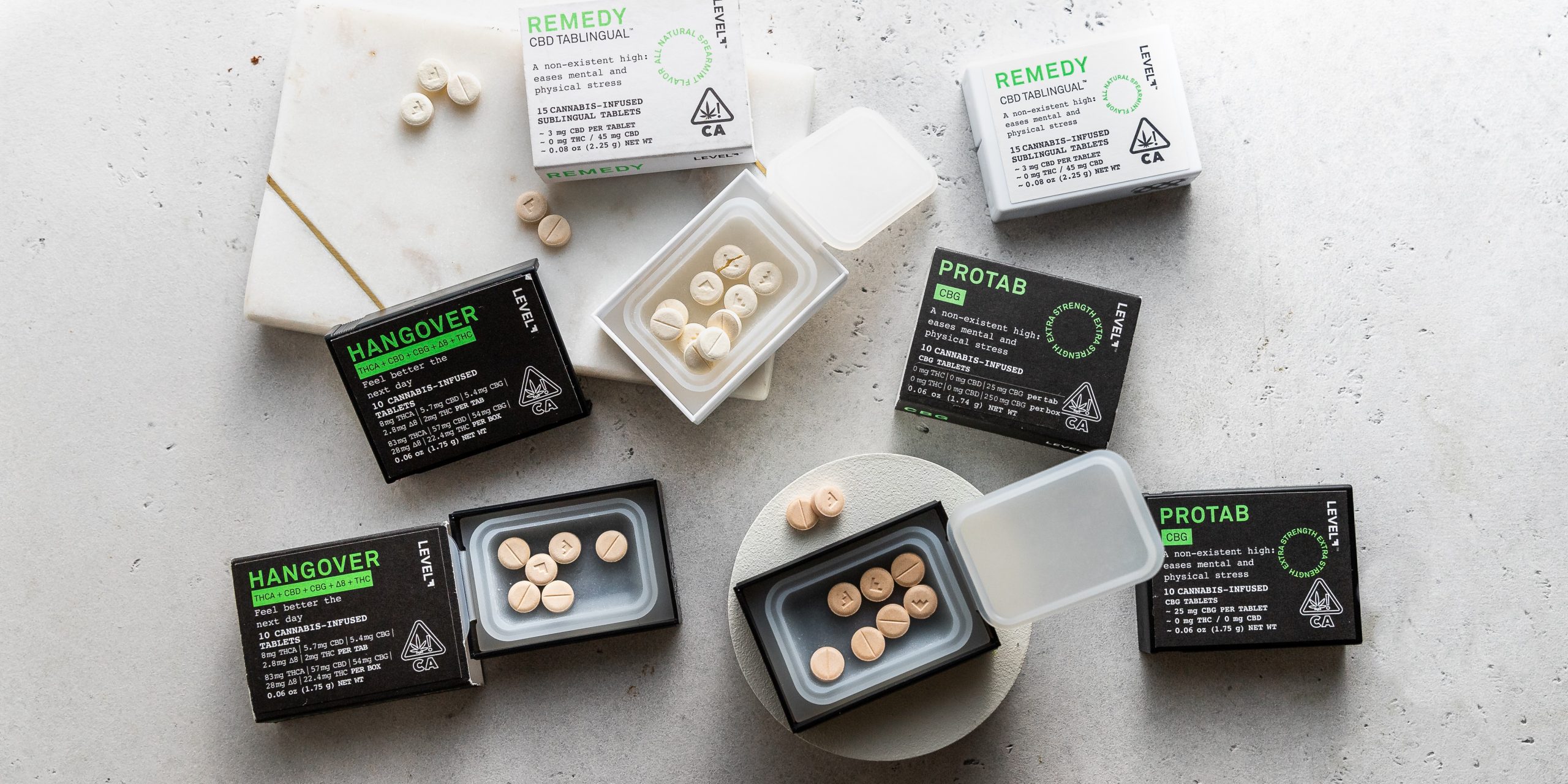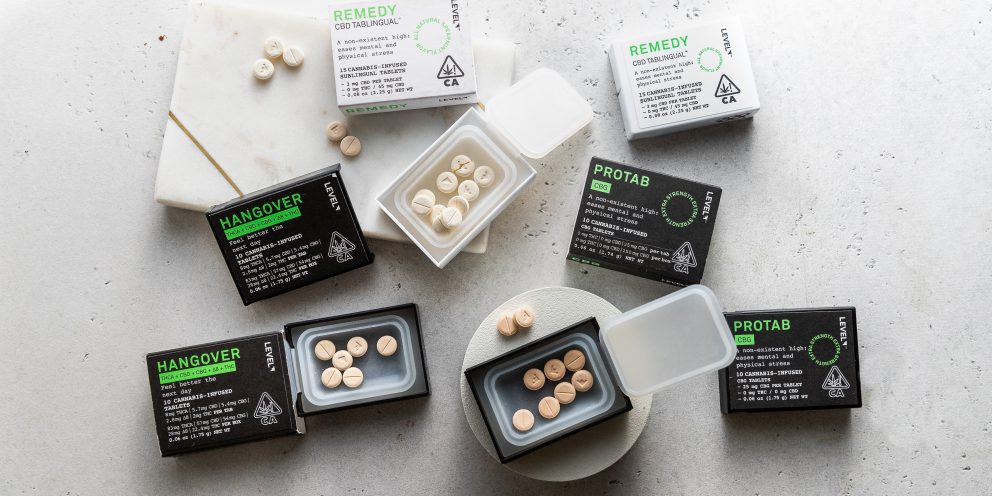
The Difference Between THC and THCa? And More THCa FAQs
The Difference Between THC and THCa
Have you ever wondered what the difference between THC and THCa is and what the percentages of “THC” and “THCa” on a marijuana label really mean? As it turns out, the proportion of these two compounds in the strain you select plays a huge role in the effects it will have on your body and mind.
THC and THCa can be seen as two instruments that can either play in harmony or take center stage, depending on the desired result. If you’re searching for a health boost rather than a high, THCa may become your drug of choice.
THCa vs THC – Everything You Need to Know
While both THCa and THC are compounds that derive from the cannabis plant, they are used for very different purposes. Although they are similar in terms of their chemical makeup, THCa is non-psychotropic and THC is psychotropic. This means that THC affects your mental state, whereas any effects of THCa will take place in your body.
What is THC?
THC (delta-9-tetrahydrocannabinol) is a psychotropic cannabinoid that can be created from THCa in cannabis plants. Through a process known as decarboxylation, a treatment involving heat and light, an acid group is removed from THCa. This alters the structure of the molecule so that it is able to bind with the CB1 cannabinoid receptors in the central nervous system. When you convert THCa into THC through this process, you open the door to the psychoactive effects that create the sensation of being “high.”
What is THCa?
Tetrahydrocannabinolic acid (THCa) is a non-psychoactive cannabinoid in acid form that is naturally present in cannabis plants and raw cannabis. When refined through decarboxylation, it can be made into THC. Therefore, THCa it is often referred to as the “precursor to THC.”
However, THCa offers many benefits in its own right. This natural, plentiful resource has been shown to support overall health and wellness with few reported side effects. It is even considered a superfood!

Photo by Elsa Olofsson
THCa Benefits
Cannabis isn’t all about getting high. If you’re not interested in the intoxicating effect of THC but would like to explore the health benefits of cannabis, THCa may be a good option for you.
Early research and anecdotal evidence have linked THCa with many beneficial health outcomes. It can support sleep and muscle health, assist in alleviating feelings of stomach discomfort, and increase feelings of hunger in cases of appetite loss. It has also been reported to ease swelling which may also support symptoms from other ailments by easing discomfort and assisting the body with self healing.
Research suggests that its neuroprotective properties can even improve neurodegenerative diseases such as ALS, Parkinson’s disease, and Alzheimer’s disease. In case that wasn’t enough, it’s also an antioxidant!
You can ingest THCa by smoking certain strains of marijuana, ingesting THCa-specific marijuana-derived products and cannabis extractions such as THCa crystalline, and even by eating raw cannabis leaves or putting them in a smoothie.
Does THCa Get You High?
No. Because it is non-psychotropic, THCa will not get you high. It has a 3-dimensional shape and is larger than THC, both qualities that prevent it from entering CB1 or CB2 receptors in your endocannabinoid system. Engagement with these receptors is essential for you to experience the “high” sensation.
Will THCa Fail a Drug Test?
In all likelihood, yes. You will need to research the laws in your state as well as your workplace to determine whether you would be penalized for a drug test that revealed traces of THCa. If your state allows you to attain a medical marijuana license, this may prove a more stress-free way for you to reap the benefits of THCa.
Apply for a Medical Marijuana Card Online Today
Join over 100,000 patients who have chosen Green Health Docs as their medical cannabis doctors. We have a 99% approval rate and offer a 100% money back guarantee!
Is THCa Illegal?
Technically, no—THCa is not a federally banned substance. However, because THCa is the precursor of THC, some states may consider it grounds for prosecution under the Federal Analogue Act. If you are considering trying it, check the guidelines in your state and/or workplace. A medical marijuana license, if available in your state, may be a safer way to reap the benefits of the non-psychotropic cannabinoid.
THCa Side Effects
Side effects of THCa are relatively few compared to THC and even cannabidiol (CBD), another popular non psychotropic cannabinoid. While smoking or ingesting THC is frequently reported to cause anxiety, dry mouth, nausea, drowsiness, and dizziness, use of THCa appears to result in far fewer negative effects. Although anecdotal reports of tiredness or anxiety do exist, there is no evidence to indicate that these effects are common.
CBD, which like THCa is generally used for health benefits rather than to get high, has been reported to have the potential side effects of irritability, tiredness, and oversensitivity to certain medications.
THCa & Medical Marijuana in Your State
If you are interested in the many potential benefits that THCa has to offer, consider getting a medical marijuana license in your state today. With 37 states currently allowing individuals to use marijuana for health purposes through these licenses, you are likely to be just a few clicks away from reaping the benefits of this wondrous natural resource.
This article is reviewed by Dr. Anand Dugar, an anesthesiologist and pain medicine physician. He is also the founder of Green Health Docs. Graduating from medical school in 2004 and residency in 2008, Dr. Dugar has been a licensed physician for almost 20 years and has been leading the push for medical cannabis nationwide.
